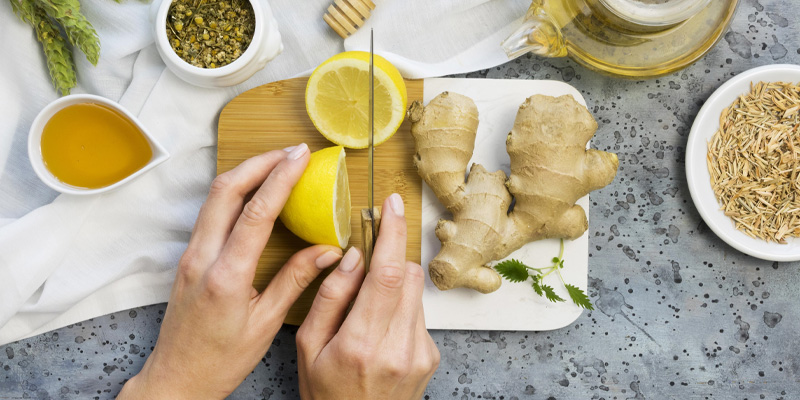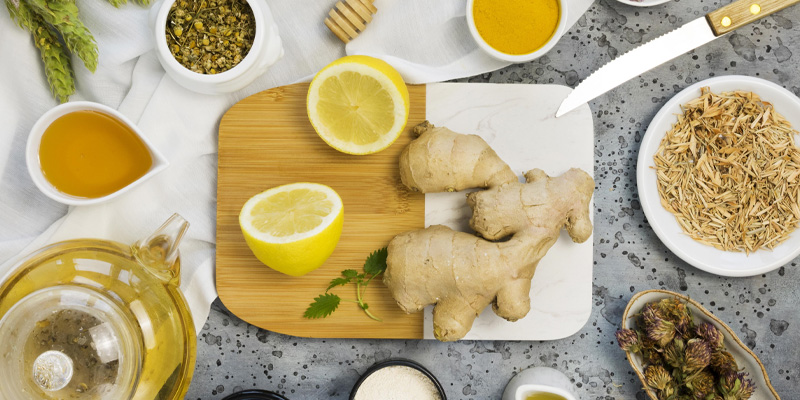
Ayurveda is an ancient Indian science of medicine that has been practiced for thousands of years. According to Ayurveda, every individual is unique and has a specific body type, which is determined by the doshas present in their body. The three doshas are Vata, Pitta, and Kapha. Each dosha has its own unique characteristics, and understanding them is essential for maintaining a healthy body and mind. In this article, we will explore the different Ayurvedic body types, their characteristics, and the appropriate diet for each body type.
What are Ayurvedic Body Types?

Ayurvedic body types, also known as doshas, are the three fundamental energies that govern the functioning of the body and mind. These energies are known as Vata, Pitta, and Kapha, and they are present in varying degrees in every individual. The balance of these doshas determines an individual’s body type.
Vata Body Type
The Vata body type is characterized by qualities such as lightness, dryness, and coldness. People with a dominant Vata dosha tend to be thin and have a fast metabolism. They are usually creative, energetic, and spontaneous but can also be anxious and have trouble sleeping. Vata body types benefit from warm, nourishing foods that help to ground them and calm their nervous system. Foods such as cooked grains, root vegetables, and warm soups are ideal for this body type.
Pitta Body Type
The Pitta body type is characterized by qualities such as heat, intensity, and sharpness. People with a dominant Pitta dosha tend to have a medium build, a strong appetite, and a high metabolism. They are usually intelligent, ambitious, and have a strong will but can also be irritable and prone to inflammation. Pitta body types benefit from foods that are cooling and calming, such as fresh fruits and vegetables, whole grains, and lean proteins.
Kapha Body Type
The Kapha body type is characterized by qualities such as heaviness, oiliness, and coldness. People with a dominant Kapha dosha tend to have a heavier build, a slower metabolism, and a calm disposition. They are usually loving, nurturing, and patient but can also be prone to lethargy and weight gain. Kapha body types benefit from foods that are light and dry, such as raw fruits and vegetables, whole grains, and lean proteins.
Vata, Pitta & Kapha Body Type Diet

The Vata Pitta, & Kapha Body Type is a way of eating that is tailored to an individual’s specific dosha. It focuses on foods that balance the doshas and promote optimal health and well-being.
Each dosha has its own unique characteristics and requires a specific diet to maintain balance and promote optimal health. The ayurvedic body type diet is not a one-size-fits-all approach and is personalized to meet the needs of each individual.
Here are the dietary recommendations for Vata, Pitta & Kapha Body Type:
Vata Body Type Diet
The vata body type is characterized by the elements of air and space, which make them prone to digestive issues and anxiety. To balance their dosha, vata Body Type individuals should follow a diet that is warm, nourishing, and grounding.
Foods to include in Vata Body Type Diet:
- Warm, cooked meals
- Moist and oily foods such as ghee and coconut oil
- Sweet, sour, and salty tastes
- Nuts and seeds
- Cooked vegetables such as carrots, beets, and sweet potatoes
Foods to avoid in Vata Body Type Diet:
- Cold and raw foods
- Dry and light foods such as crackers and rice cakes
- Bitter and astringent tastes
- Carbonated drinks and caffeine
- Cold and dry air-conditioned environments
Pitta Body Type Diet
The pitta body type is characterized by the elements of fire and water, which make them prone to inflammation and digestive issues. To balance their dosha, pitta Body Type individuals should follow a diet that is cooling, hydrating, and soothing.
Foods to include In Pitta Body Type Diet:
- Cooling and hydrating foods such as cucumber and melons
- Sweet, bitter, and astringent tastes
- Dairy products such as milk and ghee
- Whole grains such as basmati rice and quinoa
- Sweet and juicy fruits such as grapes and mangoes
Foods to avoid In Pitta Body Type Diet:
- Spicy and acidic foods
- Fried and greasy foods
- Alcohol and caffeine
- Sour and salty tastes
- Hot and humid environments
Kapha Body Type Diet
The kapha body type is characterized by the elements of water and earth, which make them prone to weight gain and respiratory issues. To balance their dosha, kapha Body Type individuals should follow a diet that is light, dry, and stimulating.
Foods to include In Kapha Body Type Diet:
- Light and dry foods such as popcorn and crackers
- Pungent, bitter, and astringent tastes
- Fruits such as apples and pears
- Vegetables such as leafy greens and sprouts
- Spices such as ginger, black pepper, and turmeric
Foods to avoid In Kapha Body Type Diet:
- Sweet, sour, and salty tastes
- Heavy and oily foods
- Dairy products and red meat
It is important to note that the Ayurvedic body type diet is not a substitute for medical treatment and should be used in conjunction with a healthcare professional’s advice.
Ayurvedic Body Types and Exercise

In addition to diet, exercise is also an important factor in maintaining a healthy body and mind. Each ayurvedic body type requires a different type of exercise to maintain balance.
Here are some exercise recommendations for each body type:
Vata Body Type Exercise
- Gentle, calming exercises such as yoga and tai chi
- Walking and hiking
- Swimming and water aerobics
Pitta Body Type Exercise
- Cooling exercises such as swimming and water sports
- Moderate-intensity exercises such as biking and hiking
- Yoga and meditation to promote relaxation
Kapha Body Type Exercise
- High-intensity exercises such as running and aerobics
- Strength training and weightlifting
- Dynamic yoga and other energetic activities
Conclusion
In conclusion, understanding your Ayurvedic body type can help you make informed decisions about your diet and exercise routine. Each dosha has its own unique characteristics, and by balancing these energies, you can achieve optimal health and well-being. By following the ayurvedic body type diet and exercise recommendations, you can maintain balance and harmony in your body and mind.




